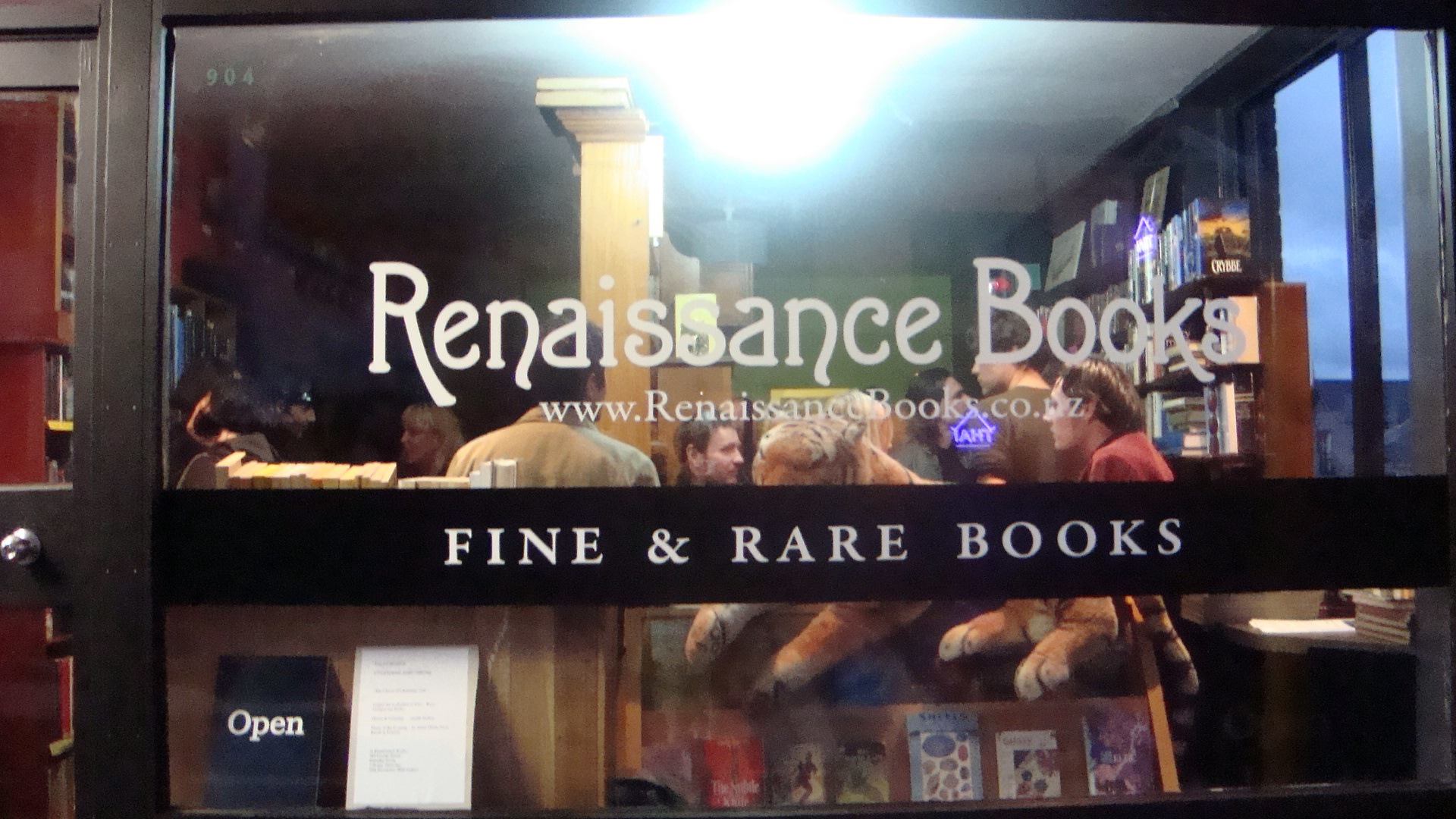
Renaissance Books storefront on George St
This post authored by Malcolm Moncrief-Spittle, of Renaissance Books (New Zealand) – Winner of the 2013 Don Dario Scholarship to attend the Colorado Antiquarian Book Seminar.
Firstly, thank you to Biblio for awarding me the 2013 Don Dario Scholarship to attend the 2013 CABS seminar. I traveled a long way (from New Zealand), and the assistance from Biblio was a great help.
I would definitely recommend CABS (Colorado Antiquarian Book Seminar) for anyone with a serious interest in book selling. In today’s world, the traditional bookselling model of opening up a brick-and-mortar bookshop, and then sitting back and waiting for customers to walk through the door, is increasingly becoming less viable.
Online sales are now an important part of most dealers’ business, but there are likewise more ways to sell books than just uploading brief descriptions of them to a website and waiting for the customers to buy them. Many attending this year’s seminar, myself included, were interested in learning more about producing catalogs of books, whether in paper or electronic format. Cultivating a relationship with a customer, and a knowledge of their collecting interests, can turn one initial sale into a succession of repeat business in the future. By developing a specialty and specialist knowledge in a particular subject area, one can gain a following of customers in that area (though of course some of those customers may well have even greater specialist knowledge of the area than a dealer just starting out in a specialist subject). In selling to libraries as customers, it is important to know who they are and what they are currently interested in collecting. What is topical in academic research? What are bibliographical societies studying?
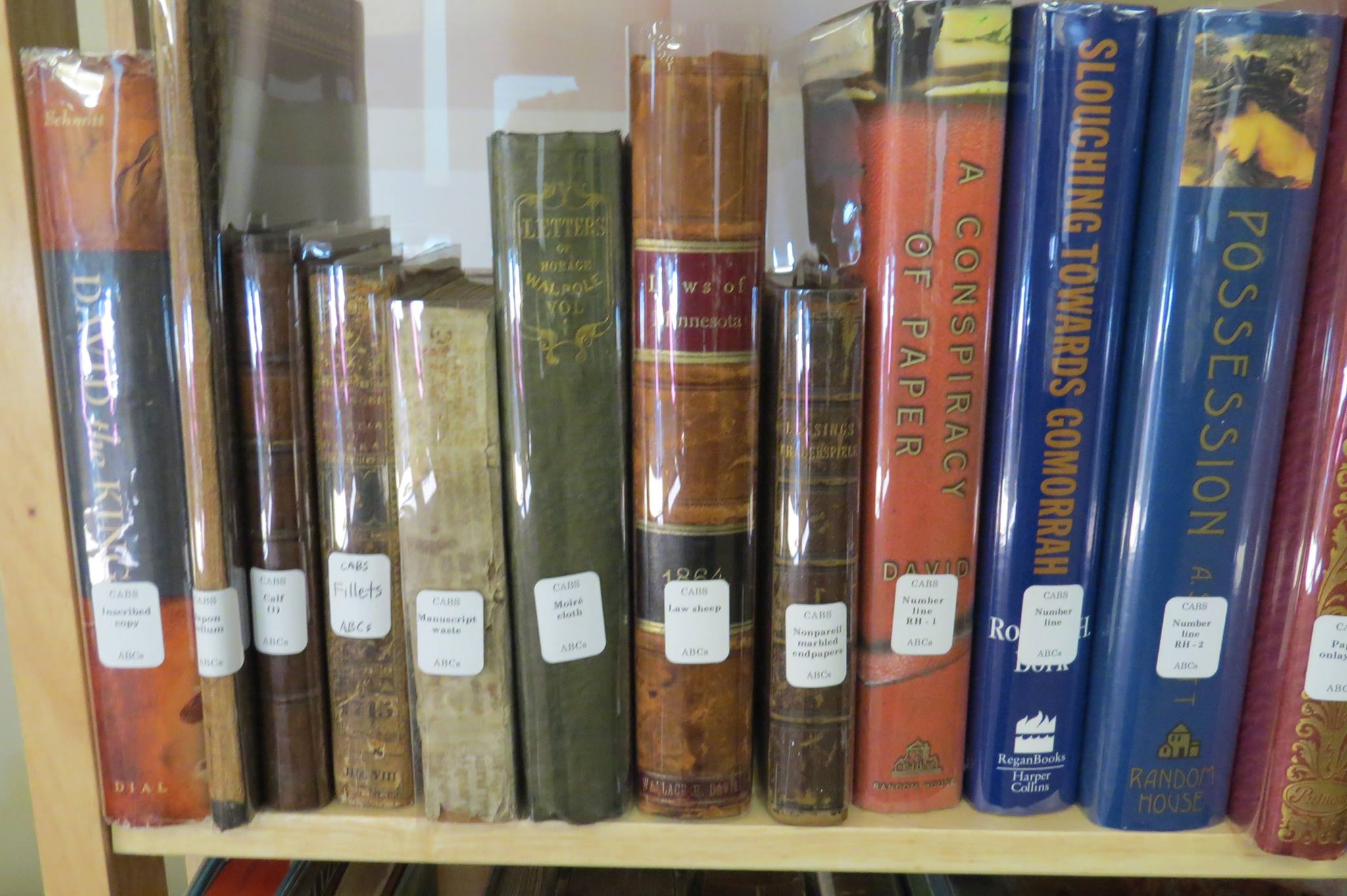
Books from Terry Belanger’s 3D ABC for Book Collectors. The white labels describe some term that each book is an example of.
I particularly enjoyed the session on pricing books. While there are price guides to antiquarian books, both in print (e.g. Ahearn’s “Collected Books” and electronic format (e.g. American Book Prices Current), these are not infallible. Trends can change, and prices go up and down. Book values are not figures that can be considered as wholly abstract, but depend on the existence of a willing buyer and a willing seller. It is important to ask, at least hypothetically, who might buy this book? Why is this book important? Why is it worth what I am asking for it?
In cataloguing a book for sale, what often gets left out is what can be called “the pitch”. Many online catalog descriptions have the bibliographical details of the book, along with a description of the faults of the book, but no brief summary about what makes this book important or of potential interest to somebody. For some books, this may not be important – it could be a well-known classic, or the title might be self-explanatory. For other books, a sentence or two about why the book is interesting will help reach customers who may not otherwise know why they might be interested in that book.
As well as learning about techniques and resources for cataloguing, databases, bibliographical description, how to research books, how to remove stickers from books, how to photograph books, etc., a big part of the value of the CABS seminar is meeting the other attendees and faculty. I have been selling books online for 13 years, and found it refreshing to meet up with other people enthusiastic about the book trade and its future, whether they have been selling for many years longer than I have, or were just starting out.
(Some class notes and a gallery of images from Malcolm follow…read on!)
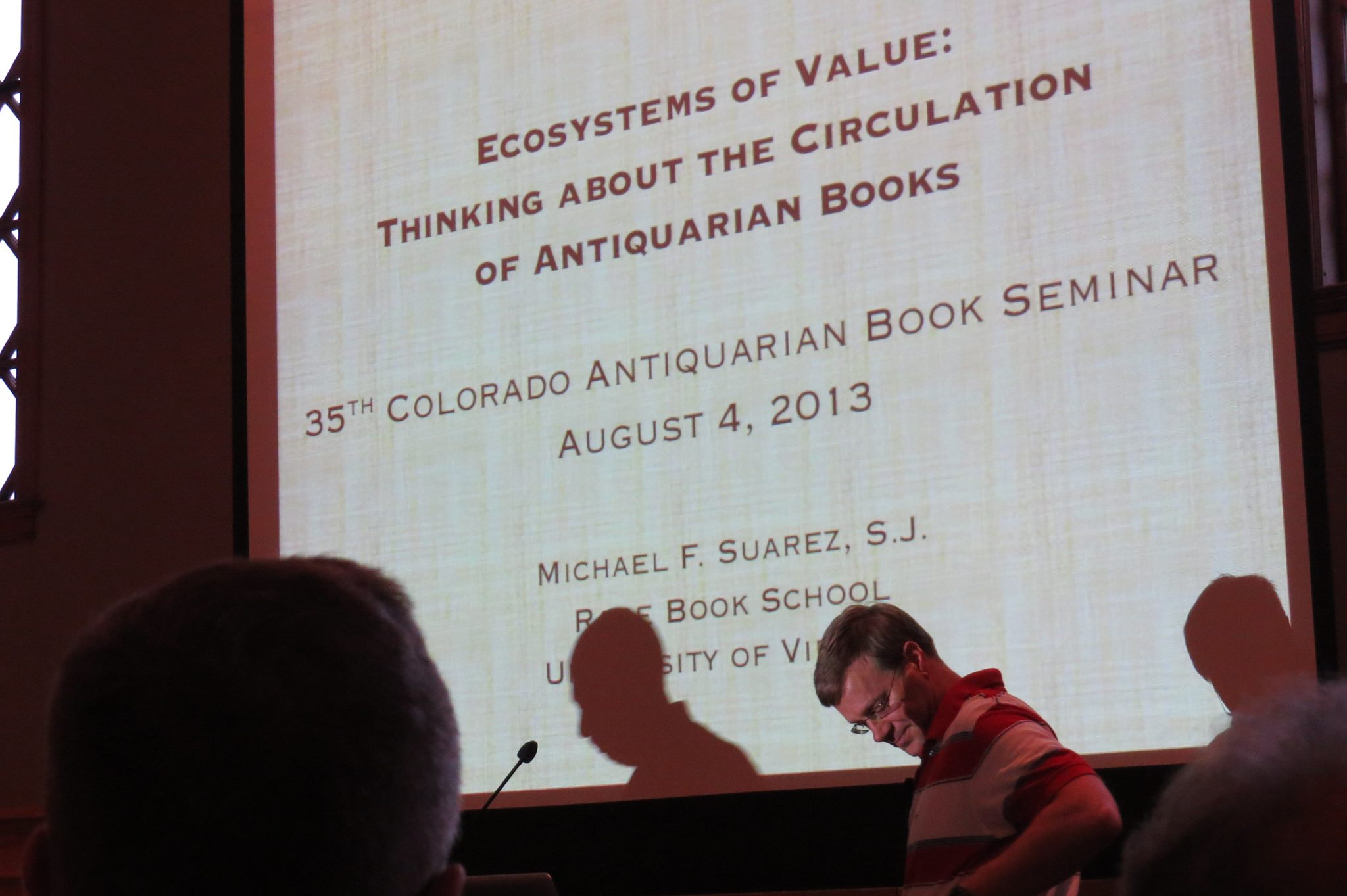
A talk by Michael Suarez, titled “Ecosystems of Value: Thinking about the Circulation of Antiquarian Books”
Here is an excerpt from the “Renaissance Books” Facebook page coverage of CABS:
Some of the themes from this evening’s talk by Michael Suarez, titled “Ecosystems of Value: Thinking about the Circulation of Antiquarian Books”:
- Books are complex objects. They are not merely a text, but have a materiality that arises from bibliographical and social codes. “Every book is a coalescence of human intentions.”
- Books are cultural capital. Collecting is inspired by a strong desire to have more information about a subject. Single books taken have a certain meaning, but forming a collection of related items, or a comprehensive collection, allows resonances to form, or different ways of appreciating each book, that might not be visible taking single books in isolation from others.
- Of all the artifacts of our human past, books are one of the most long-lived, and their materiality connects us with the past. Their is a relationship between materiality and meaning. The pursuit of knowledge by scholars, collectors, or book dealers increases the value of books, both in dollar terms and in their cultural value. E. P. Goldschmidt is an example of a dealer whose catalog descriptions show a commitment to advancing bibliographical knowledge.
- The digital or digitized book is here to stay, and to become more prominent. The digital though is an aid, not a substitute for the material book.
- John Hill Burton described a collection of books as “a splendid monument of enlightened exertion.”






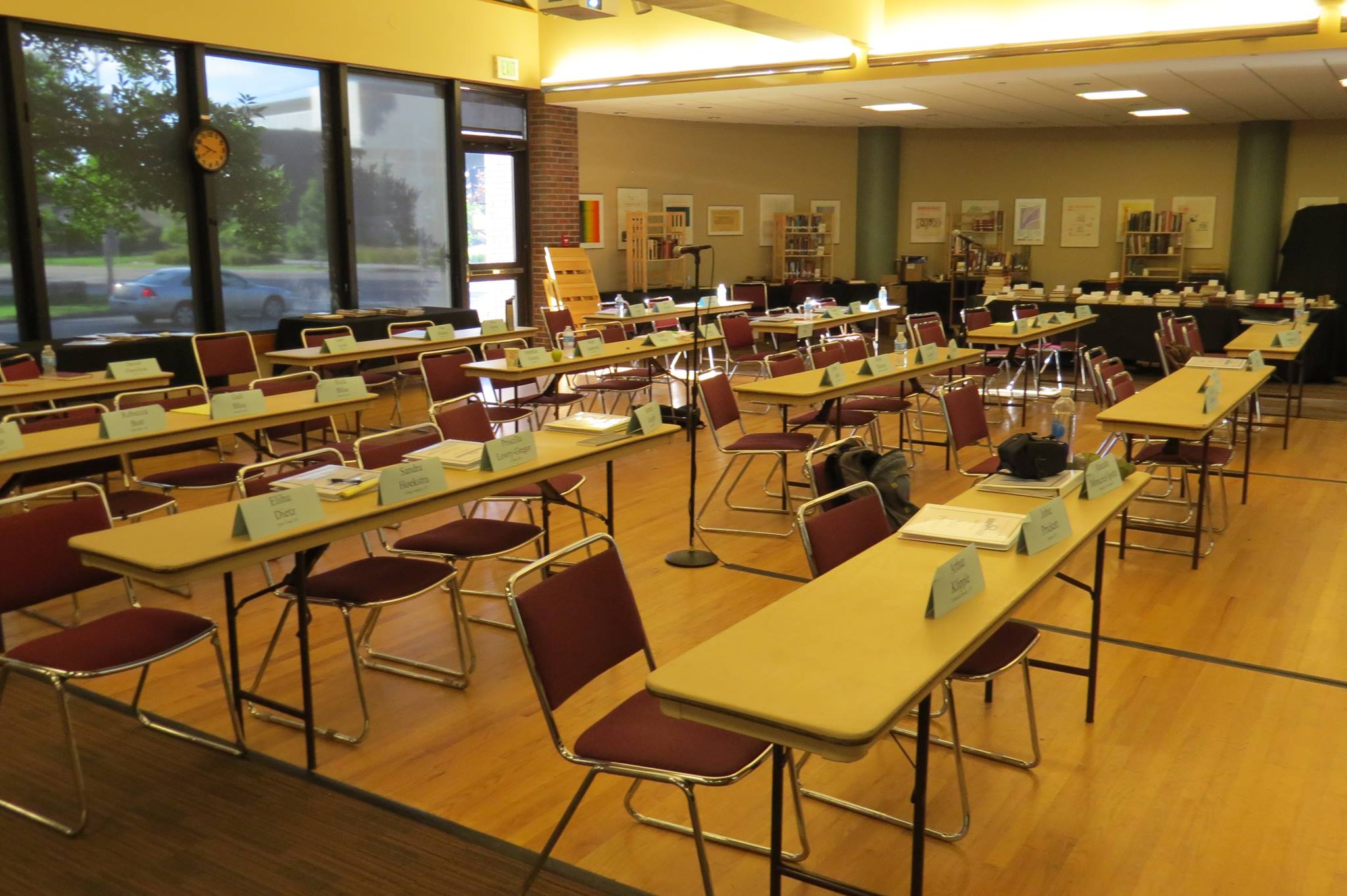
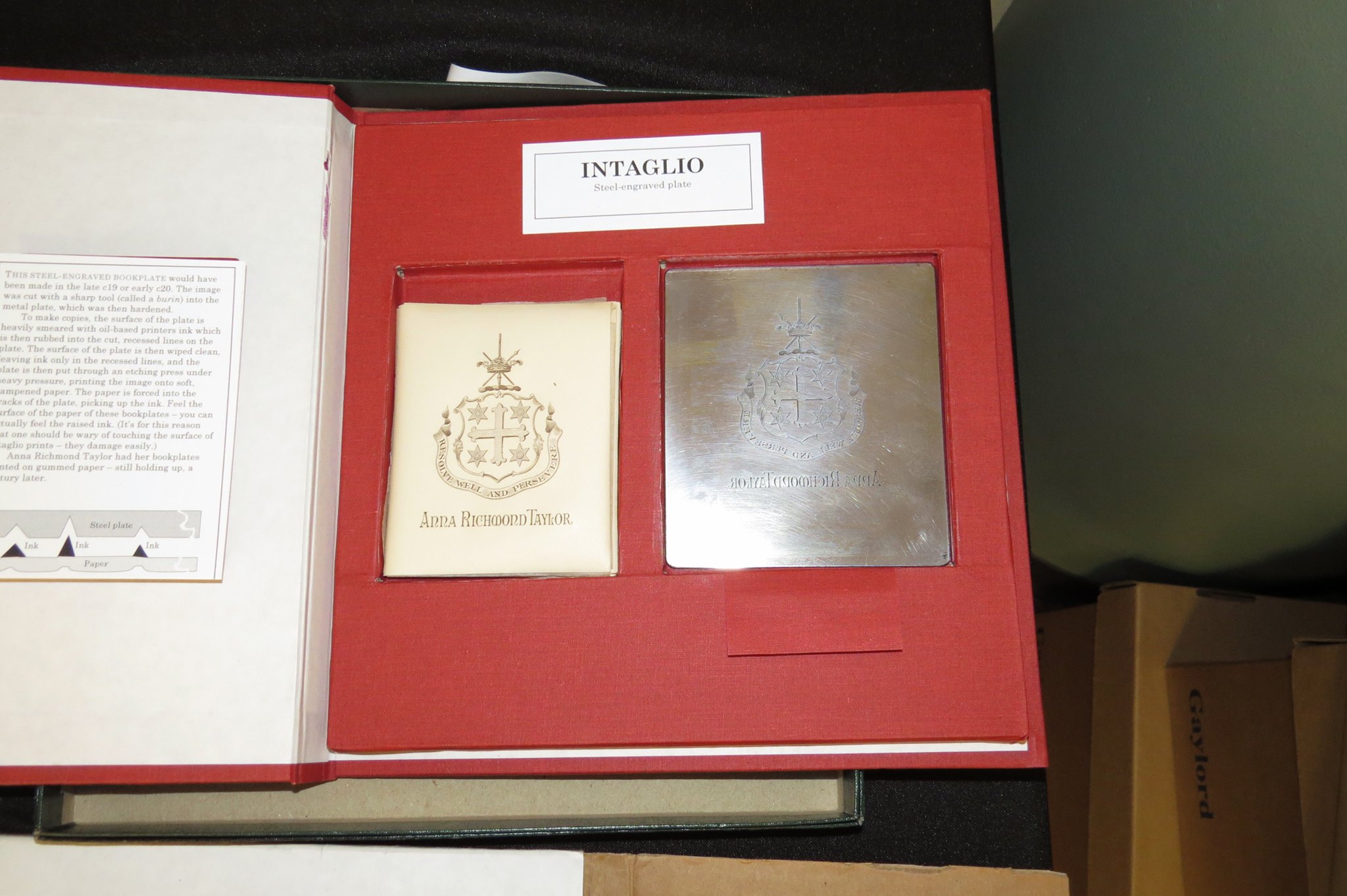





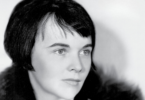
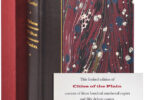
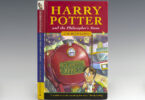


[…] Peterson (Tavistock Books) and Malcolm Moncrief-Spittle (Renaissance Books) on the Colorado Antiquarian Book […]